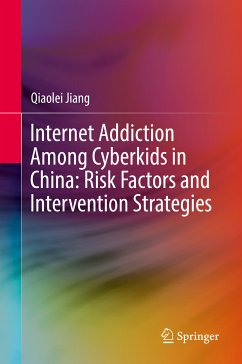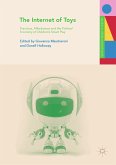Focusing on the two essential factors of the construction of risk, this book presents research revolving around the staging of and the coping with Internet addiction in China. Using ethnographic methods, it investigates the signs and treatment of Internet addiction and discusses the in-patient approaches used to help children overcome the addiction and to reduce the likelihood of relapse following discharge. Examining the individual level and broader social levels of the process as well as the links between the two, the findings provide valuable insights into the prevention and treatment of Internet addiction. To help readers better understand the signs of Internet addiction and preventive measures, the book addresses the following issues:
Public concern and media coverage of Internet addiction in contemporary China
Clinical assessment and risk factors of Internet addiction in adolescents
Parent-narrated signs of Internet addiction in Chinese childrenand adolescents
Coping strategies and treatments for Internet addiction
Dieser Download kann aus rechtlichen Gründen nur mit Rechnungsadresse in A, B, BG, CY, CZ, D, DK, EW, E, FIN, F, GR, HR, H, IRL, I, LT, L, LR, M, NL, PL, P, R, S, SLO, SK ausgeliefert werden.









